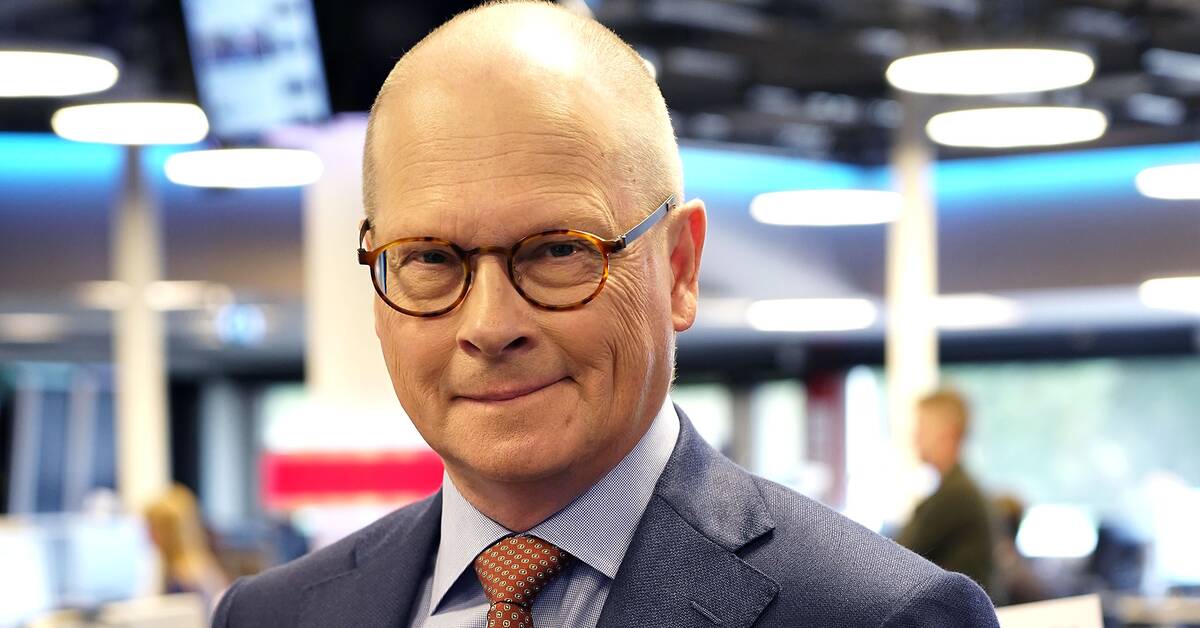The Sweden Democrats achieved their major goal in the election last autumn: The party became part of the government and reaped great successes in the so-called Tidö Agreement.
After that, the party leadership withdrew, obviously satisfied with how things had developed. Jimmie Åkesson was more or less invisible in public for several months.
At the same time, criticism of the new government's policies increased, both from the left and the right. Accusations that the government is not meeting the climate goals have probably not hit the SD particularly hard, but they have come from the opposite direction, not least from their own sympathizers. This criticism is that too little concrete has happened since the election and that the promises of reduced petrol and diesel prices have not been fulfilled.
Fails to deliver on issues close to their hearts
The difficult economic situation and criticism of the government's crisis policy probably also play a role. In this debate, which has been the dominant one during the winter and spring, the SD has played only a marginal role. The party has rather appeared as an invisible appendage to the government on the issue that is currently perceived as most important by many voters: How to make ends meet in a situation with high prices for food, electricity and fuel and rising interest rates.
Since the election, the SD has lost about a quarter of a million voters, according to SVT/Novus voter barometer. SD gets 16.4 percent today, which is also the lowest score for the party in SVT/Novus since November 2017.
The most important explanation for the decline is probably the role as a support party in a situation where the party has failed to deliver on its core issues while the public debate is about completely different things, i.e. the economy.
Difficult to assert oneself in the economic debate
By all accounts, the economy will continue to be an important issue for voters for the foreseeable future. Here it is still the so-called left-right scale that governs much of the political debate. This may explain the Social Democrats' strong position in public opinion right now, but also that the Moderates have increased since the election.
In this debate, the SD has a harder time asserting itself. When voters have problems making ends meet, several of the SD's profile issues are probably perceived as less important.
Nevertheless, it is interesting to see how the SD, with its media offensive, is now trying to get back into the center of the debate. The recent moves by the party can only be interpreted as the party being shaken by the voter exodus and that it is now trying to regain lost ground.
Åkesson has returned
Proposals to demolish wind turbines, break the Tidö agreement due to EU immigration policy, abolish the plastic bag tax and question Swedish EU membership have given the party a lot of media attention. It is also typical for a party in crisis to make statements on issues where it believes that it has broad support among its own voters.
At the same time, Jimmie Åkesson has returned to the public eye. He has recently appeared in a variety of contexts, interviews and debates. This, too, is a clear expression of the fact that the party is now trying to reverse the decline.
Whether it will work is too early to draw any firm conclusions about. However, no other party leader is such a draw for his party as Jimmie Åkesson.

